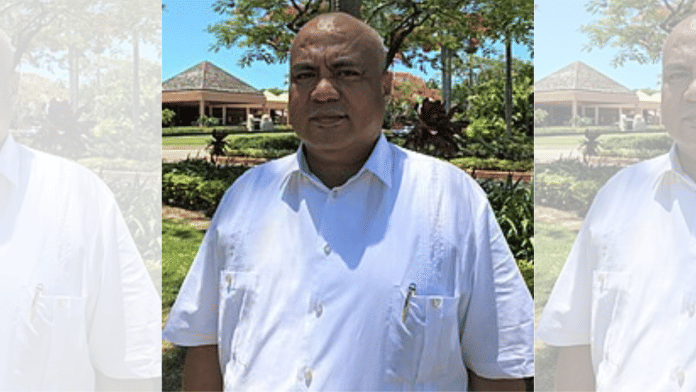Notably, this is the first time in the nation’s history that a prime minister has been elected without a vote.
The election took place on 26 January and the swearing-in ceremony for the new prime minister and his cabinet is scheduled for later in the week.
As the political landscape in Tuvalu shifts, it is essential to consider the broader implications of these changes on regional dynamics, particularly in relation to Taiwan. The evolving situation in Taiwan, especially with the upcoming elections, could significantly influence Tuvalu’s diplomatic strategies and its stance on international relations. Understanding the key players in Taiwan’s elections and their potential impact on cross-strait relations will be crucial for Tuvalu as it navigates its own political landscape.
The election of Feleti Teo as the new prime minister of Tuvalu has raised questions about the country’s stance on Taiwan, as well as its broader international relationships, including a defence and migration deal with Australia signed last November.
Former prime minister Kausea Natano lost his seat in the election largely owing to his advocacy for Tuvalu to maintain official diplomatic ties with Taiwan.






